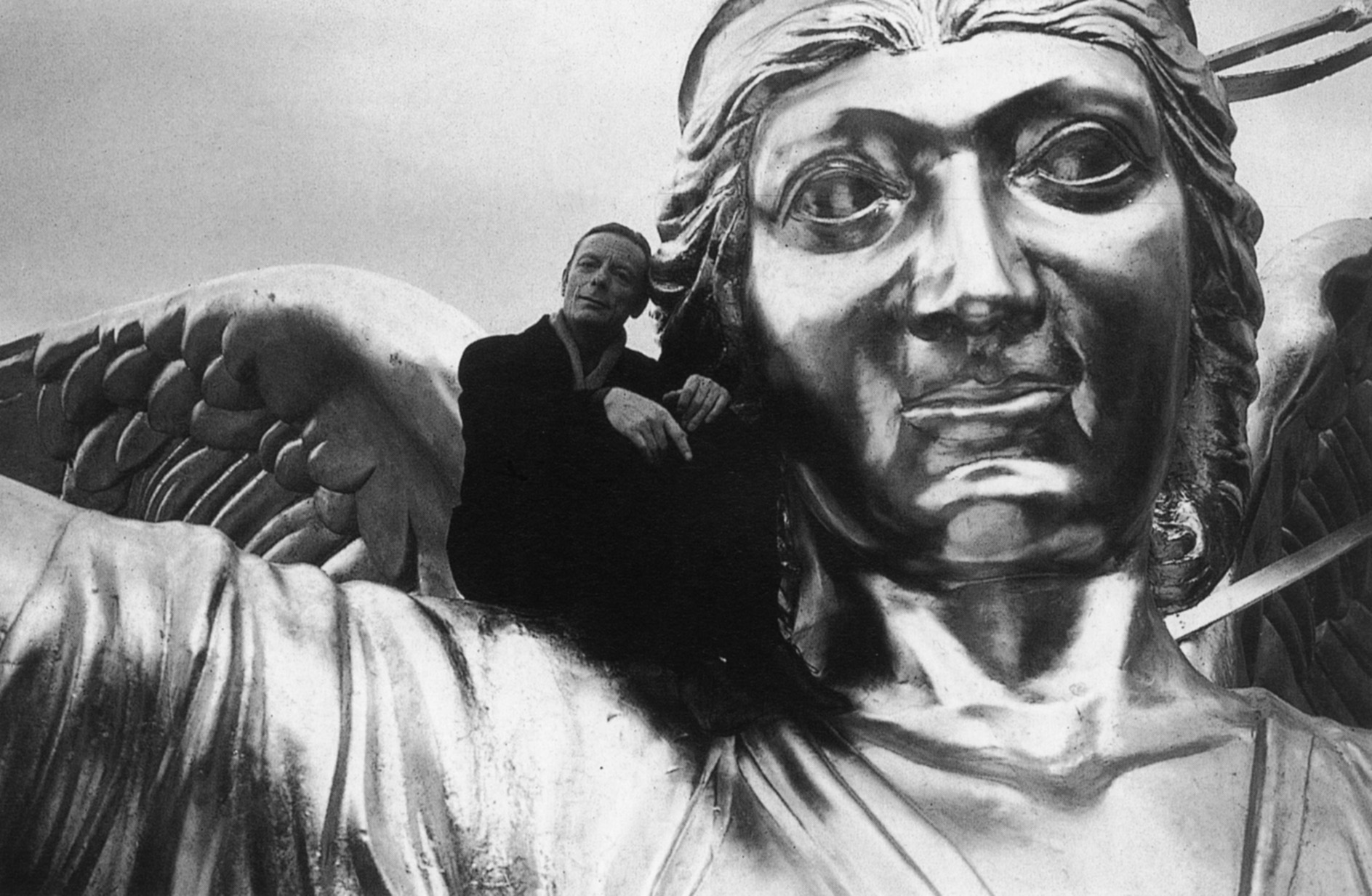| terça-feira, agosto 10, 2004 |
| BI de WG Sebald |
(excertos de um trabalho publicado no The Guardian):
Birthplace: Bavaria, Germany
Education: Obersdorf grammar school, followed by a degree in German literature at Freiburg University
Other jobs : Sebald followed a career in academia, mainly at the University of East Anglia, where he became professor of European literature and set up the British Centre for Literary Translation.
Did you know?
Sebald believed that writers could not tackle subjects such as the horrors of the Holocaust directly without falling into the traps of sensationalism or sentimentality.
Critical verdict: Acclaimed by Susan Sontag as the "contemporary master of the literature of lament and mental restlessness", his sudden death in a car accident deprived the literary landscape of one of its most original figures. His first book to be translated into English, The Emigrants, published in 1996, came garlanded with awards from the German-speaking world and was one of the most lauded debuts of the decade. Translations of The Rings Of Saturn in 1998 and Vertigo in 1999 - also by the poet Michael Hulse - sealed his reputation. Sebald writes what he termed 'prose fiction', taking an oblique look at history by combining genres and blurring boundaries between fact and fiction, art and documentary (he frequently uses real names and photographs).
Recommended works: Austerlitz, Sebald's final novel, is generally acknowledged to be his tour-de-force. The story concerns a man who recovers memories in his 50s of having arrived in Britain from Prague on the Kindertransport. His earlier works form a trilogy exploring questions of memory, exile and European identity. With his literary star riding so high, his poetry (After Nature) and non-fiction (On the Natural History of Destruction, about the Allied fire bombing of German cities), have also been translated.
Influences: Sebald has been compared to Borges, Calvino, Thomas Bernhard, Nabokov and Kafka; in his prose fictions he can be credited with inventing a new literary form, part hybrid novel, part memoir and part travelogue.
|
| posted by George Cassiel @ 12:12 p.m. |
|
|
|
|
|
GEORGE CASSIEL
Um blog sobre literatura, autores, ideias e criação.
_________________
"Este era un cuco que traballou durante trinta anos nun reloxo. Cando lle
chegou a hora da xubilación, o cuco regresou ao bosque de onde partira.
Farto de cantar as horas, as medias e os cuartos, no bosque unicamente
cantaba unha vez ao ano: a primavera en punto."
Carlos López, Minimaladas (Premio Merlín 2007)
«Dedico estas histórias aos camponeses que não abandonaram a terra, para encher os nossos olhos de flores na primavera»
Tonino Guerra, Livro das Igrejas Abandonadas |
| |
|
|








